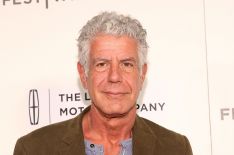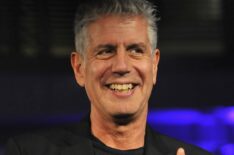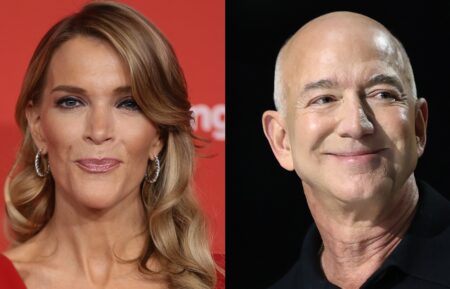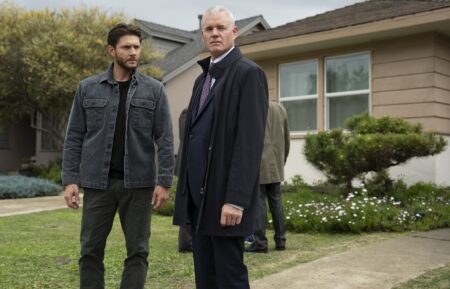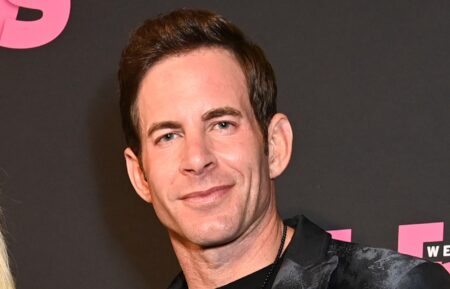Anthony Bourdain Sought Help Before Suicide, Says Rose McGowan in New Letter
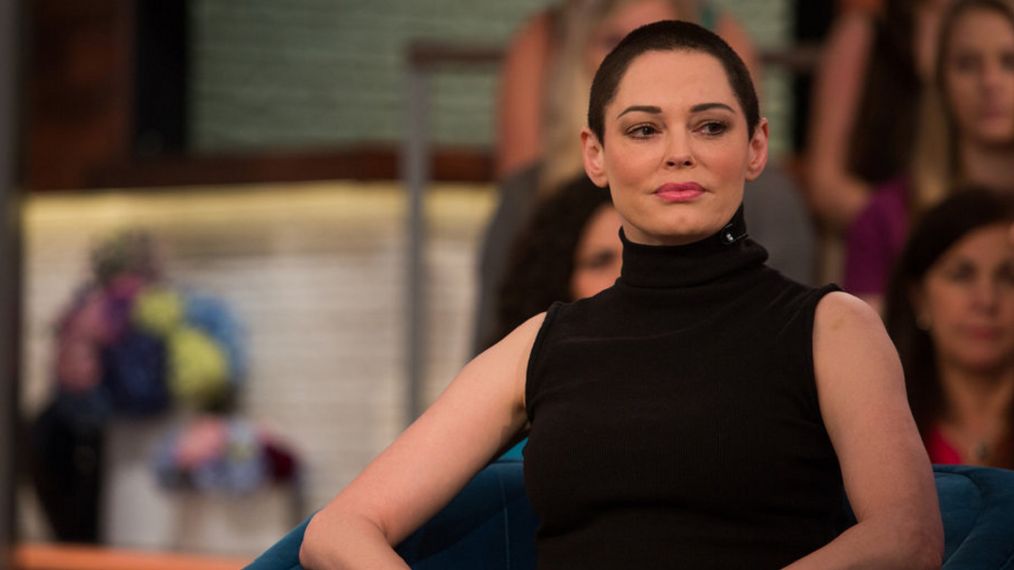
Since the shocking passing of famous chef and TV personality Anthony Bourdain last week, both fans and his famous friends have been speaking out publicly. And now, Rose McGowan has broken her silence.
The actress, who famously spoke out against Harvey Weinstein last fall, is now coming to the defense of fellow actress and friend Asia Argento — the girlfriend of Bourdain.
“Dear Fellow Humans,” McGowan addresses her readers. “Sitting across from me is the remarkable human and brave survivor, Asia Argento, who has been through more than most could stand, and yet stand she does. She stood up to her monster rapist and now she has to stand up to yet another monster, suicide.”
As many come to terms with the loss of the beloved visionary, McGowan wants one thing to be clear — blaming Argento for his death is wrong. “I know so many around the world thought of Anthony Bourdain as a friend and when a friend dies, it hurts. Many of these people who lost their ‘friend’ are wanting to lash out and blame. You must not sink to that level,” she writes. “Suicide is a horrible choice, but it is that person’s choice.”
McGowan paints a more detailed picture of the star, describing his and Argento’s struggles. And while Argento had dark thoughts, she details, she did seek help, the Charmed alum shares. “Through a lot of this last year, Asia did want the pain to stop. But here’s the thing, over their time together, thankfully, she did the work to get help, so she could stay alive and live another day for her and her children,” she notes.
“Anthony’s depression didn’t let him [win],” McGowan continues. “He put down his armor, and that was very much his choice. His decision, not hers. His depression won.” But it wasn’t all sad, the actress indicates. “I’ve heard from many that the past two years they were together were some of his happiest and that should give us all solace.”
“I know before Anthony died he reached out for help,” McGowan reveals, “and yet he did not take the doctor’s advice. And that has led us here, to this tragedy, to this loss, to this world of hurt.”
As far as moving in the right direction, McGowan says, “I’d like to think he would want us to have the collective conversation that needs to be had about depression. Blame is NOT a conversation, it is the shutting down of our collective growth.”
While we continue to mourn Bourdain, conversations about suicide prevention and depression remain important. At the end of McGowan’s letter, there is an addition from Argento, which reads, “If you are considering suicide, reach out. We need you here. You matter. You exist. You count. There is help a phone call away, reach out.”
How to get help: Call the National Suicide Prevention Lifeline at 1-800-273-8255.
From TV Guide Magazine
How 'Countdown' Recruited Jensen Ackles to Go Full 'Die Hard'
Countdown boss Derek Haas talks creating the character around Ackles, and the cast teases the “Avengers”-like team of the crime thriller. Read the story now on TV Insider.

